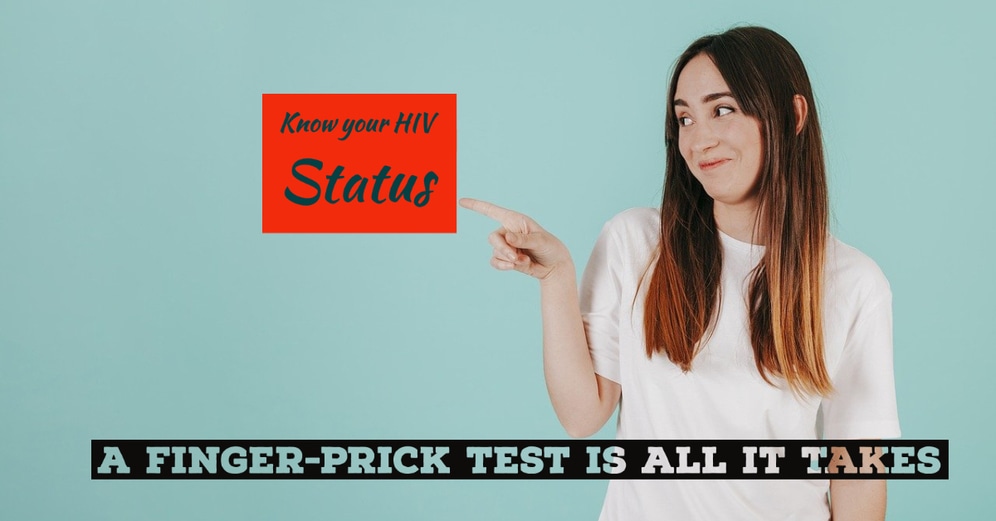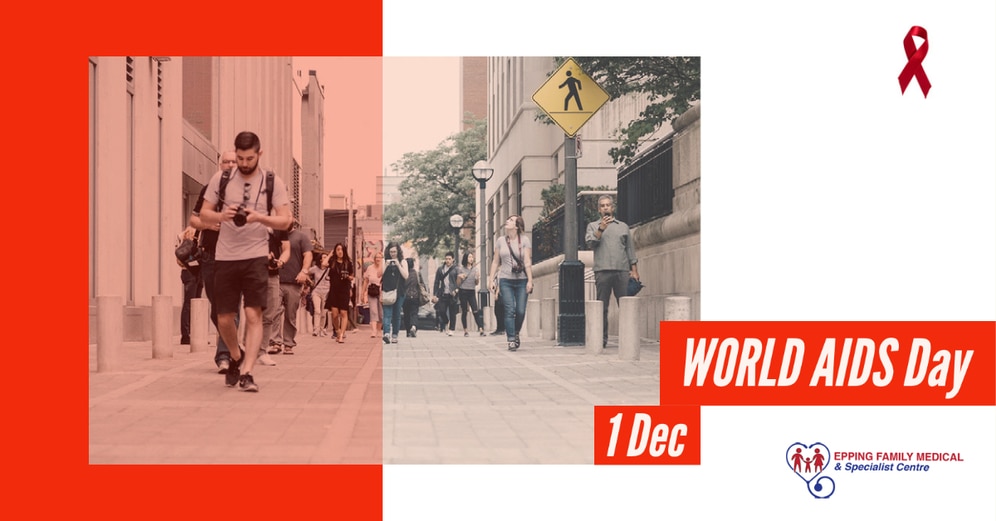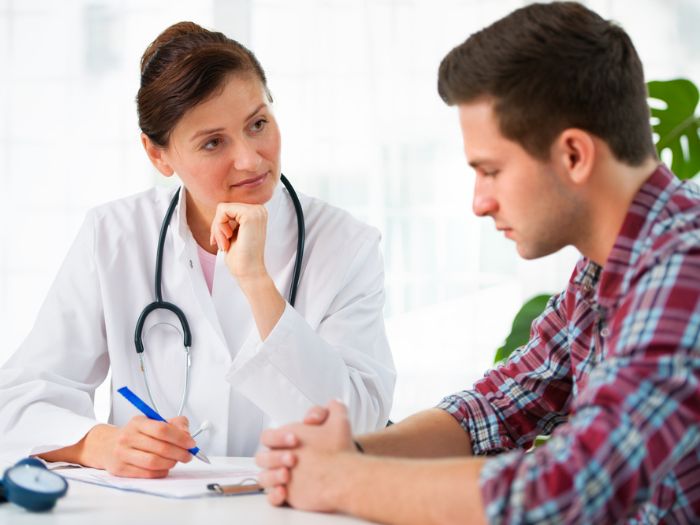World AIDS Day is marked on 1st December each year. On this annual event, people around the world unite together to show support to those living with HIV/AIDS and a reminder that the fight against HIV/AIDS is yet not over.
World AIDS Day is dedicated to raise awareness about HIV/AIDS and encourage everyone to educate themselves and others about it; to take the actions to prevent HIV transmissions and support those who are impacted by this disease.
World AIDS Day 2020 theme: Global Solidarity, Shared Responsibilities
Every year, UNAIDS sets a theme. The theme for World AIDS Day 2020 is Global Solidarity, Shared Responsibilities that focuses on everything that can be achieved when we stand together to provide high-quality medical services for HIV/AIDS treatment and prevention and remain in solidarity for the ones impacted by the disease.
The basics of HIV/AIDS
HIV or Human Immunodeficiency Virus is a virus that remains and attacks the cells in our body that protects us from infection, making a person more vulnerable to other diseases including infection and cancer.
This virus is not transmitted by any other medium but bodily fluids such as blood, semen, breast milk and rectal fluids.
The scariest part of this disease is that the virus can insert itself into our DNA. Once in, the human body can’t get rid of it and no effective cure exists, so if you have the virus, you have it for life.
When left untreated, HIV can lead to AIDS (Acquired Immunodeficiency Syndrome), when your immune system can no longer fight infections or diseases in your body.
Are there any symptoms of HIV?
There are many symptoms of HIV, however, different people will show different symptoms.
Some people may have flu-like symptoms that may last anything between a few days to several weeks.
Possible symptoms can be:
- Fever and chills
- Muscle aches
- Sore throat
- Persistent fatigue
- Swollen lymph nodes
How do I know if I have HIV/AIDS?

The only way to know if you have HIV/AIDS is to get tested. Only relying on your symptoms is a very bad idea.
Knowing about your HIV status gives you the time and information to make healthier choices in life; to protect yourself and prevent getting or transmitting the virus.
If you’re tested positive
When your test result comes as HIV-positive, a follow-up test is mandatory to confirm your status. In the case of a HIV-positive status, start your treatment immediately.
Our doctors at Epping Family Medical and Specialist Centre recommend ART or Antiretroviral Therapy for all individuals with detected HIV, regardless of how long they have had the virus.
The main aim HIV medicines are to lower your virus content to such a level that it is not any longer detected through a test, called Undetectable HIV Load.
If you’re tested negative
A negative result wouldn’t necessarily mean you’re HIV-negative yet. Again, a follow-up test is required to confirm your HIV status.
If you’re sexually active or use needles to administer drugs, then continue to get tested regularly and consider consulting a GP for more information on your sexual health.
Learn more about HIV medicines and the ways that can keep your HIV risk-free
Reduce your risk through PrEP
PrEP (Pre-Exposure Prophylaxis) is an HIV medication taken by HIV-negative individuals to prevent the risk of being HIV-positive. This medicine is used to form a biological barrier, preventing the HIV virus from entering your body.
When taken in the right way, PrEP is a very effective way to prevent the risks of HIV transmission and appropriate for anyone to use it. However, it is best to consult a doctor if you’re considering PrEP.
Get tested for HIV and other STDs regularly
Visit a sexual health doctor every six months if you’re sexually active. Take help from your doctors or your care providers to keep an eye on your sexual health.
Talk about your sexual health with our doctors at Epping Family Medical and Specialist Centre

Our Epping based doctors understand the importance of sexual health to your overall well-being.
Your conversation with our doctors will be very confidential and they are highly experienced in answering any questions on sexual health, safe practices, prevention and treatment for HIV, decreased libido, STI prevention, detection and treatment and many more.
If you need to consult a doctor in a non-judgemental environment, book an online appointment or give us a call at (03) 8402 0400 for further discussion.






